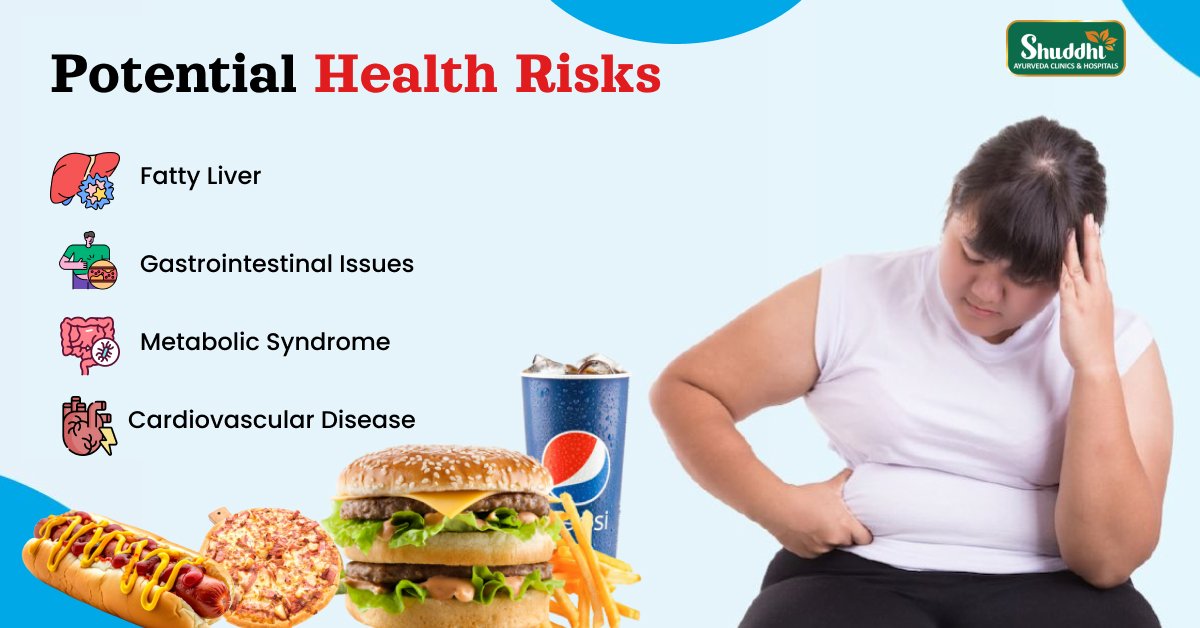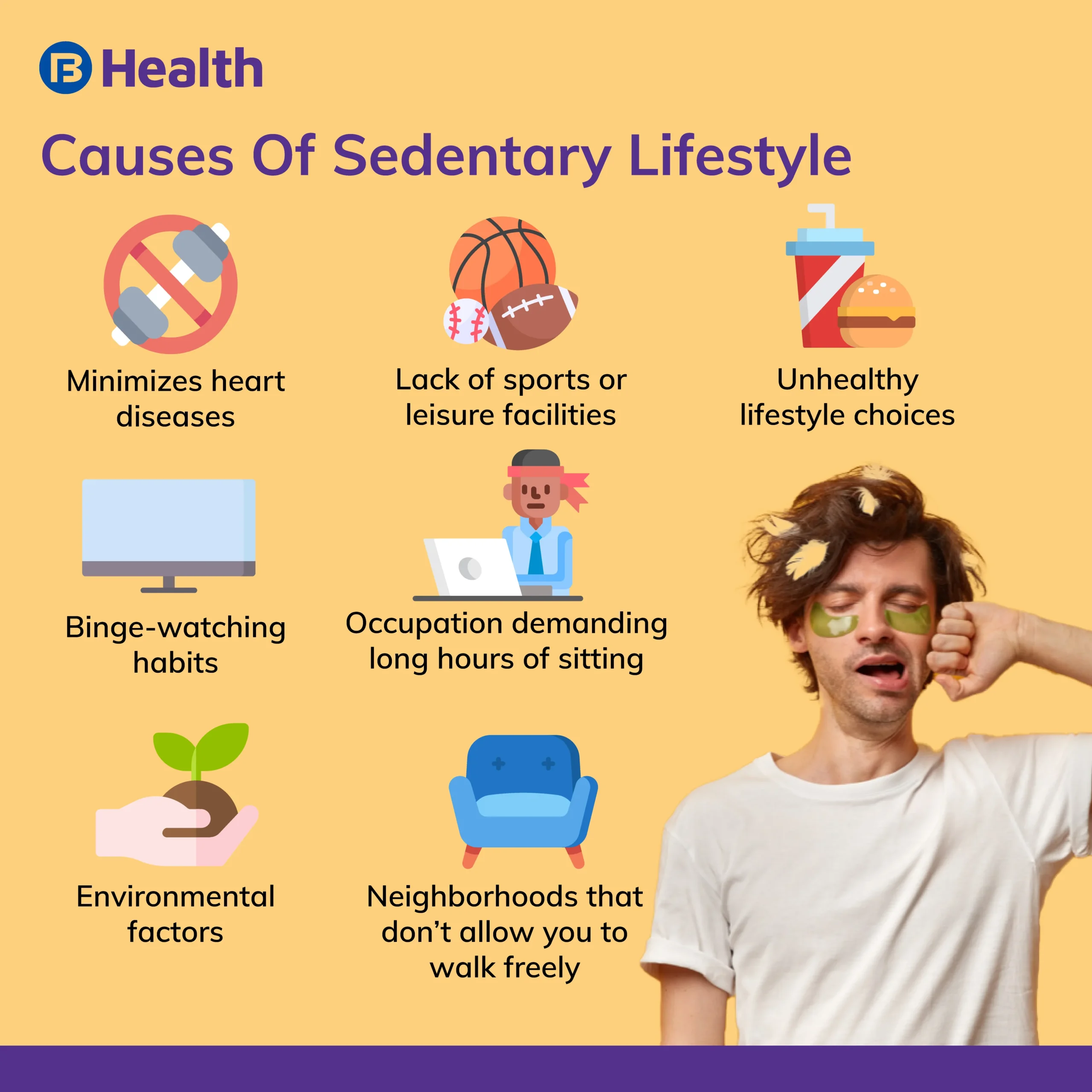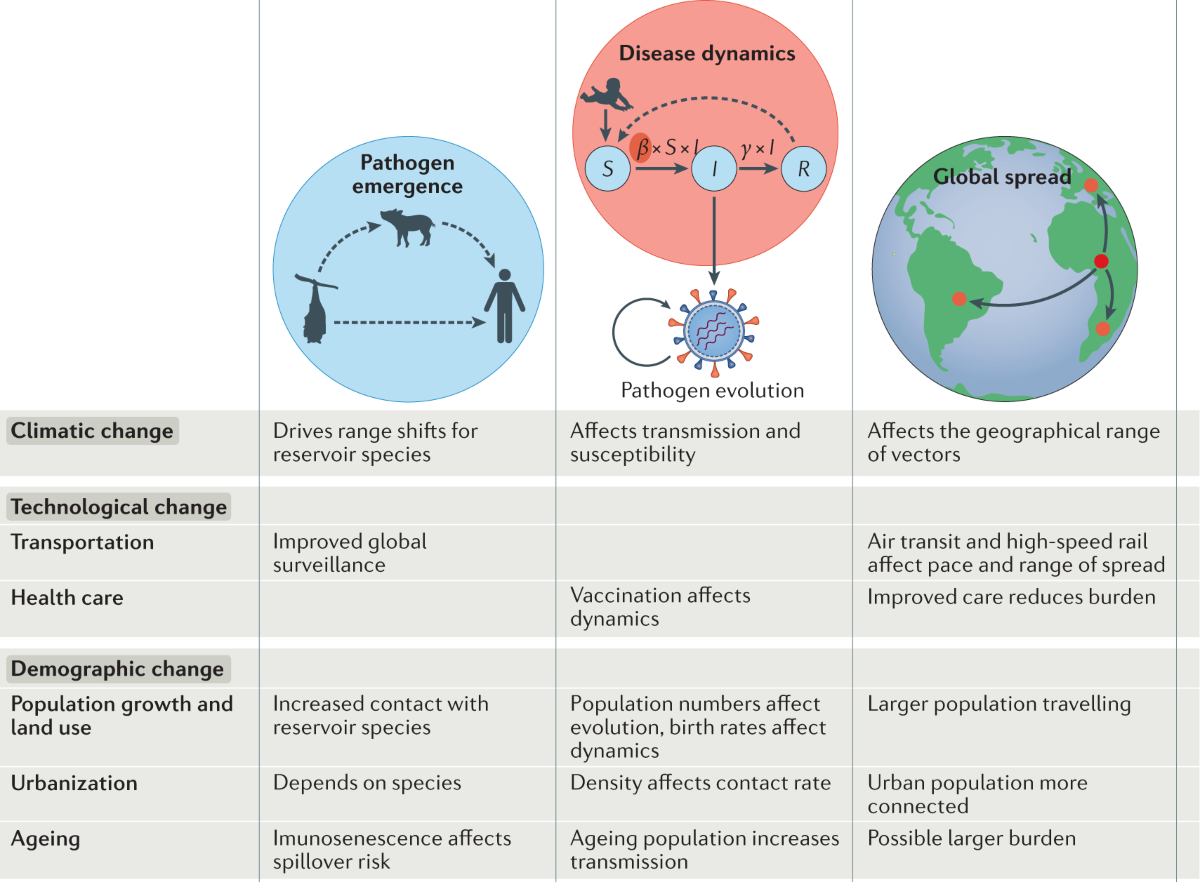Fast food consumption has become a significant public health concern due to its association with various chronic diseases. Studies indicate that diets high in fast food are linked to increased risks of obesity, type 2 diabetes, heart disease, and certain cancers. This article explores the multifaceted impact of fast food on modern health, examining its nutritional composition, effects on different age groups, and strategies for mitigating its adverse health outcomes.
Introduction
In today’s fast-paced world, fast food has become a staple in many diets. Its convenience and affordability make it an attractive option for individuals with busy lifestyles. However, the health implications of regular fast food consumption are a growing concern. Research has consistently shown that diets high in fast food are associated with an increased risk of various chronic diseases. This article delves into the reasons why fast food poses a significant risk to modern health and provides insights into mitigating its adverse effects.
Understanding Fast Food
What Is Fast Food?
Fast food refers to meals that are prepared and served quickly, often through drive-thru services or takeout. These foods are typically high in calories, fats, sugars, and sodium, while being low in essential nutrients. Common examples include burgers, fries, fried chicken, pizza, and sugary beverages.
Nutritional Composition of Fast Food
Fast foods are characterized by their nutritional profile:
- High in Calories: Portion sizes are often large, leading to excessive calorie intake.
- Excessive Fats: Contain high levels of saturated and trans fats, contributing to weight gain and heart disease.
- High Sodium Content: Elevated sodium levels can lead to hypertension and cardiovascular problems.
- Added Sugars: Sugary drinks and desserts contribute to obesity and metabolic disorders.
- Low in Nutrients: Lack of essential vitamins, minerals, and dietary fiber.
Health Risks Associated with Fast Food
1. Obesity and Weight Gain
Regular consumption of fast food is a significant contributor to obesity. A study by the National Center for Health Statistics found that 36.6% of U.S. adults consumed fast food daily, with higher rates among younger adults and certain racial groups. The high calorie content and portion sizes of fast food lead to an imbalance between calorie intake and expenditure, resulting in weight gain.
2. Type 2 Diabetes
Diets rich in fast food are linked to an increased risk of developing type 2 diabetes. The high levels of refined carbohydrates and sugars cause spikes in blood glucose levels, leading to insulin resistance over time. This condition impairs the body’s ability to regulate blood sugar, increasing the risk of diabetes.
3. Cardiovascular Diseases
Fast food consumption is associated with various cardiovascular problems, including hypertension, atherosclerosis, and heart disease. The excessive intake of unhealthy fats and sodium contributes to the development of these conditions. Moreover, living near fast food outlets has been linked to a higher risk of heart failure.
4. Digestive Issues
The low fiber content in fast food can lead to digestive problems such as constipation and bloating. Additionally, the high fat content may cause acid reflux and other gastrointestinal discomforts.
5. Mental Health Concerns
Emerging research suggests a link between fast food consumption and mental health disorders. The lack of essential nutrients and the presence of additives in fast food may contribute to conditions like depression and anxiety.
6. Increased Risk of Cancer
Certain components found in fast food, such as trans fats and preservatives, have been associated with an elevated risk of cancer. For instance, a study published in Nature Medicine indicated that consuming processed meats increases the risk of colorectal cancer.
Impact on Different Age Groups
Children and Adolescents
Children and adolescents are particularly vulnerable to the effects of fast food. A CDC report revealed that over one-third of U.S. children and adolescents consumed fast food on any given day, with adolescents aged 12–19 consuming a higher average percentage of daily calories from fast food than younger children. Early exposure to unhealthy eating habits can lead to long-term health problems, including obesity and diabetes.
Adults
Adults who regularly consume fast food are at a higher risk of developing chronic diseases such as heart disease, diabetes, and hypertension. The cumulative effect of poor dietary choices over time can lead to significant health issues .
Older Adults
For older adults, the risks associated with fast food consumption are compounded by age-related changes in metabolism and increased susceptibility to chronic diseases. Maintaining a healthy diet is crucial for managing existing health conditions and preventing new ones.
Societal and Environmental Factors
Urbanization and Accessibility
The proliferation of fast food outlets in urban areas has made unhealthy food choices more accessible. Studies have shown that higher fast-food restaurant density is associated with higher prevalence and incidence of cardiovascular diseases.
Marketing and Advertising
Aggressive marketing strategies by fast food companies target vulnerable populations, including children and low-income communities. These marketing tactics often promote unhealthy food options, contributing to poor dietary habits.
Socioeconomic Factors
Individuals from lower socioeconomic backgrounds may have limited access to healthy food options, making fast food a more convenient and affordable choice. This disparity contributes to health inequities and higher rates of diet-related diseases in these populations.
Strategies for Mitigating Health Risks
1. Education and Awareness
Increasing public awareness about the health risks associated with fast food can empower individuals to make healthier dietary choices. Educational campaigns can highlight the importance of balanced nutrition and the dangers of excessive fast food consumption.
2. Policy Interventions
Implementing policies such as taxing sugary drinks, regulating fast food advertising, and providing incentives for healthy food options can help reduce fast food consumption. These measures can create an environment that supports healthier eating habits.
3. Community Initiatives
Community-based programs that promote access to fresh produce and cooking education can encourage healthier eating patterns. Supporting local farmers’ markets and community gardens can provide affordable alternatives to fast food.
4. Individual Choices
Individuals can take proactive steps to reduce their fast food intake by planning meals, preparing home-cooked dishes, and making informed food choices when dining out. Opting for healthier menu options and controlling portion sizes can mitigate the negative health effects of fast food.
Frequently Asked Questions (FAQs)
1. How often can I eat fast food without harming my health?
Occasional consumption of fast food is unlikely to cause significant health issues. However, regular intake can lead to various health problems. It’s essential to balance fast food with a diet rich in fruits, vegetables, whole grains, and lean proteins.
2. Are there healthier fast food options available?
Many fast food chains offer healthier alternatives, such as salads, grilled chicken sandwiches, and fruit cups. Choosing these options and avoiding high-calorie sides and sugary drinks can make fast food meals more nutritious.
3. Can fast food contribute to mental health issues?
Emerging research suggests a link between fast food consumption and mental health disorders. The lack of essential nutrients and the presence of additives in fast food may contribute to conditions like depression and anxiety.
4. How can I reduce my fast food intake?
Planning meals, preparing home-cooked dishes, and making informed food choices when dining out can help reduce fast food consumption. Opting for healthier menu options and controlling portion sizes can mitigate the negative health effects of fast food.
5. What are the long-term effects of eating fast food regularly?
Long-term consumption of fast food is associated with an increased risk of chronic diseases such as obesity, type 2 diabetes, heart disease, and certain cancers. The cumulative effect of poor dietary choices over time can lead to significant health issues.
6. Is it safe to eat fast food during pregnancy?
While occasional consumption of fast food during pregnancy is generally safe, regular intake should be avoided. Fast food is often high in unhealthy fats, sodium, and sugars, which can affect both maternal and fetal health.




